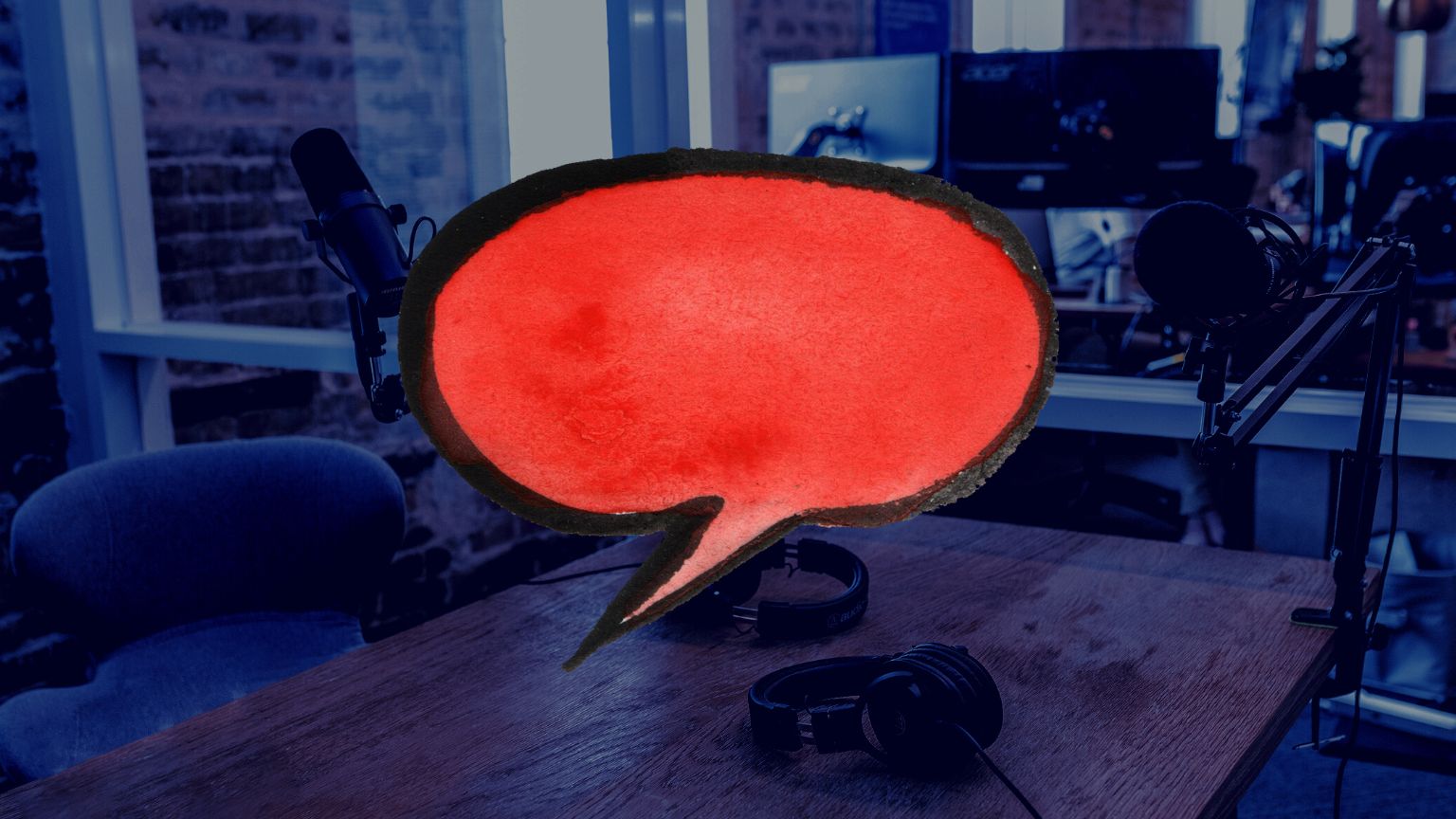
Overreaching bills are still supported by some.
The UK’s controversial censorship bill, called the “Online Safety Bill” could be ditched if it does not go through the House of Commons soon, according to internal government documents.
The bill aims at making the internet safer for kids but has wide-reaching implications against free speech that have concerned civil liberties groups.
The bill has been delayed several times. Culture Secretary Michelle Donelan recently promised to bring the bill to the House of Commons this month after making amendments to the “legal but harmful” section of the bill, which has raised free speech concerns. But even with those changes, the bill is still a major threat to free speech in a country that is already severely lacking free speech protections.
There are concerns that if the bill does not go through the House of Commons by Christmas it will never pass.
Internal documents, obtained by iNews, show that officials at the Department of Digital, Culture, Media, and Sports (DCMS) have warned ministers that the bill is at risk of being ditched entirely if it is not tabled to the Commons soon.
The document states: “You must decide whether to progress with the July 2022 version of the Bill; or whether to propose changes to the legal but harmful regime, which will extend its parliamentary passage timeline.
“If we don’t move quickly there is a real risk that PBL [the Parliamentary Business and Legislation Committee] will withdraw the bill if they judge it will not pass in time.”
This is the second parliamentary session that the bill has been deliberated on. PBL rules do not allow a bill to be carried over more than one parliamentary session.
The bill has to pass through both the House of Commons and House of Lords by April 2023. The timeline is tight because there are other bills, like the Data Protection Bill, that also require to be passed by April next year.
House of Commons’ schedule until November 22 shows no time has been allocated to the Online Safety Bill.
“We’ve offered time and again to speed its passage and get it on the statute book yet successive Conservative administrations have failed to deliver. If this doesn’t pass the Commons by Christmas the government will have killed the Bill,” said shadow digital secretary Lucy Powell who supports the censorship bill.
Founder of children rights foundation 5Rights Baroness Beeban Kidron aired similar sentiments, saying, “Consecutive prime ministers have promised parents, children and bereaved families like the Russells urgent action to tackle online harms – but once again the government is delaying progress.
“In light of repeatedly unkept promises, it is hard not to question if government are running the clock down deliberately to prevent the passage of the bill this session. If so, the government will have children’s lives on their conscience and experience parents’ wrath at the ballot box.”
A spokesperson for the DCMS said: “Protecting children and stamping out illegal activity online is a top priority for the government. The Culture Secretary has promised to bring the Online Safety Bill back to Parliament as soon as possible.”
A group of leading press freedom and journalism groups have also heavily criticized the UK’s National Security Bill, which is being debated in parliament.
According to openDemocracy, the National Union of Journalists and Reporters Without Borders (RSF), the bill is so vague and overly broad that it could result in the arrest and conviction of journalists for doing their work.
The bill aims at tackling espionage that poses a threat to national security done by people working on behalf of foreign adversaries. The groups say that it goes beyond that because it adds information that is not classified to the list of protected information. That could broadly expand the government’s control on the information that can be shared with the public.
The bill could also be abused by the government to protect its reputation and limit democratic oversight and public scrutiny.
The government has reassured people that the law does not apply to genuine investigative reporting. But the vague language and the maximum sentences (14 years for foreign interference and life for espionage) is likely to deter journalists from doing their work.
The groups have submitted their objections in detail to the bill’s committee and requested to meet with Minister of State for Security Tom Tugendhat.
“This worrisome legislative proposal is the latest in a long line of ways in which the UK government continues to crackdown on journalists and independent reporting. Every aspect of this Bill needs to be reconsidered if it is to fully adhere to the protection of journalists that the government claims to commit to,” said RSF’s Azzurra Moores.
Source – https://reclaimthenet.org/the-uk-governments-threats-to-free-speech-arent-yet-thwarted/
